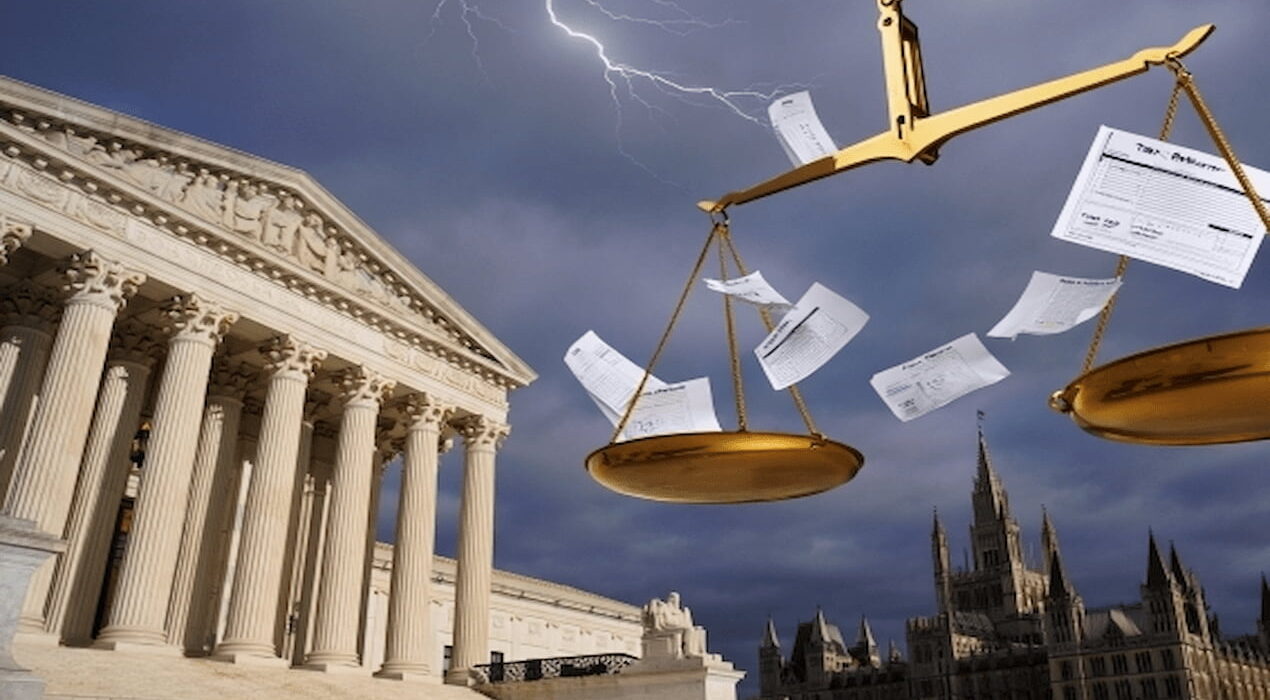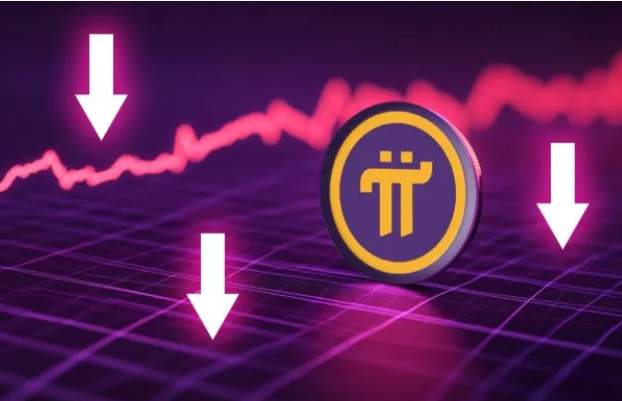The Supreme Court on Tuesday examined whether parliament has the constitutional authority to impose a super tax outside the scope of the financial year. Justice Jamal Khan Mandokhail, a member of the five-judge constitutional bench headed by Justice Aminuddin Khan, raised the question while hearing petitions filed by taxpayers against the amended Section 4C of the Income Tax Ordinance (ITO), 2001, applicable to the tax year 2023.
Representing the Federal Board of Revenue (FBR), senior counsel Hafiz Ehsaan Ahmad Khokhar argued that the matter was not about the National Assembly’s legislative competence. Additional Attorney General Chaudhry Aamir Rehman told the court the government would file a written response shortly.
The controversy stems from Section 4C, introduced in 2022, which expanded the super tax by applying progressive slabs and sector-specific rates. Petitioners contend this amounts to double taxation and infringes constitutional rights.
Mr. Khokhar defended Sections 4B and 4C, emphasizing that under Article 77 of the Constitution, parliament holds exclusive power to levy taxes. He argued that the super tax, first introduced in 2015, was a legitimate fiscal measure aimed at funding rehabilitation programs. Section 4B, which initially targeted high-income individuals, has already been upheld by all high courts.
According to Mr. Khokhar, high courts exceeded their jurisdiction by reconstructing tax schemes, which he described as “judicial legislation.” Courts, he stressed, may only strike down laws that clearly violate fundamental rights, not redesign them.
He further clarified that super tax does not amount to a separate levy but is an extension of income tax under Section 2(63) of the Ordinance. In his view, it functions like a surcharge or advance tax, lawfully imposed on individuals and companies earning more than Rs500 million annually.






